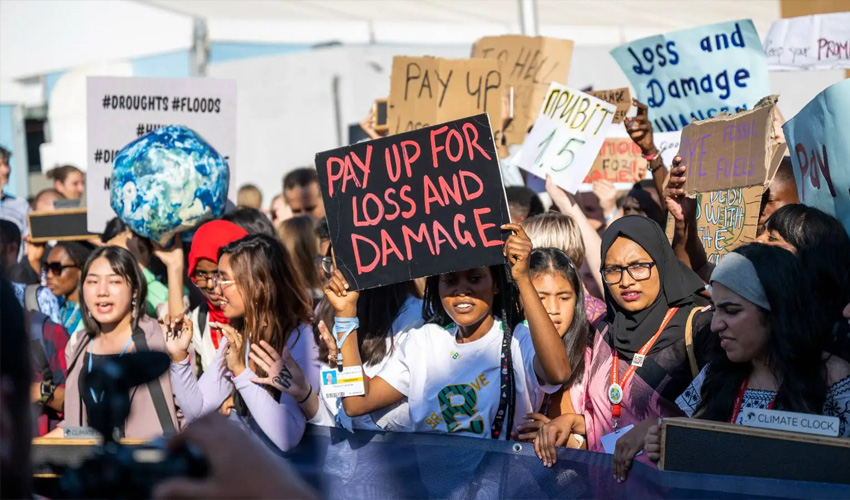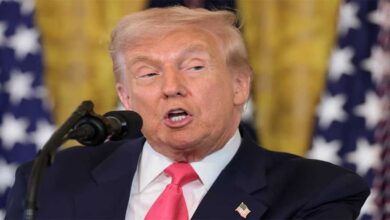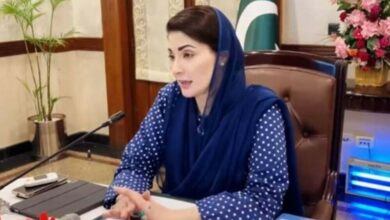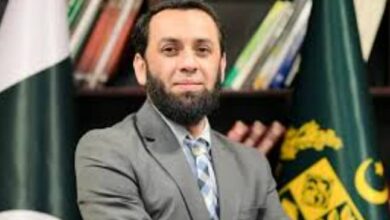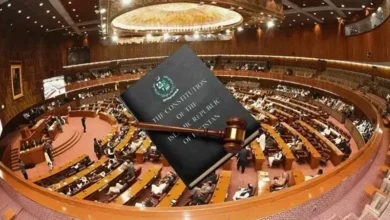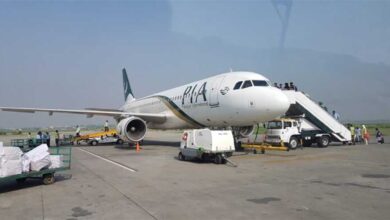LAOS: A $300 billion annual climate finance target agreed upon at the COP29 summit in Azerbaijan has been deemed inadequate by many developing nations, escalating tensions between wealthier and poorer countries.
Delegates from small island states and least developed nations staged a walkout from the United Nations climate talks on Saturday, citing dissatisfaction with the proposed funding package.
The deal, finalised a day after the summit was set to conclude, commits richer countries to mobilize at least $300 billion annually by 2035. This amount aims to assist developing nations in transitioning to cleaner energy systems and mitigating the impacts of climate-induced disasters.
However, the sum falls significantly short of the $1.3 trillion demand by the Group of 134 developing nations, which argued that the pledged amount is grossly insufficient to address their needs.
Leena Nandan, India’s representative, criticized the agreement as “an illusion.” “This paltry sum does not reflect the gravity of the crisis. The document offers little more than empty promises,” she said.
Discontent and walkout
Tensions came to a head when representatives from small island states, particularly vulnerable to rising sea levels, and the Least Developed Countries (LDC) group exited negotiations, accusing richer nations of neglecting their concerns.
“We walked out because we weren’t heard,” said Cedric Schuster, the Samoan chair of the Alliance of Small Island States. Echoing his sentiments, Evans Njewa, chair of the LDC group, called the current deal “unacceptable.”
Colombia’s Environment Minister, Susana Mohamed, labelled the action a sign of widespread dissatisfaction. “We came here seeking a fair deal but are leaving disappointed,” she said.
Accusations against wealthy nations
Developing countries accused wealthier counterparts of employing delaying tactics to exhaust their negotiators. Panama’s chief negotiator, Juan Carlos Monterrey Gomez, expressed frustration at the repeated pattern. “They push us until we are too weak to push back. It’s a deliberate strategy,” he remarked.
Rich nations, led by the US and EU, defended the agreement, citing economic constraints stemming from global conflicts and economic instability. US climate envoy John Podesta faced protests from climate activists accusing his country of shirking its responsibilities.
Host country Azerbaijan urged delegations to find common ground as talks extended into the weekend. COP29 President Mukhtar Babayev emphasized the need to bridge divides, warning that a lack of consensus would damage global climate efforts.
Despite these calls, smaller nations argued their concerns were overlooked. Critics also accused the presidency of prioritizing wealthier nations during negotiations.
The $300 billion commitment is an increase from the previous $100 billion annual target set in Paris in 2015. However, much of the $1.3 trillion goal outlined in the COP29 agreement relies on private sector contributions, leaving many vulnerable nations questioning the reliability of these funds.
Nazanine Moshiri, a senior analyst at the International Crisis Group, highlighted the disparity between wealthy and developing nations’ priorities. “While wealthy nations grapple with domestic financial constraints and geopolitical conflicts, developing countries face mounting losses from climate-induced disasters,” she noted.



